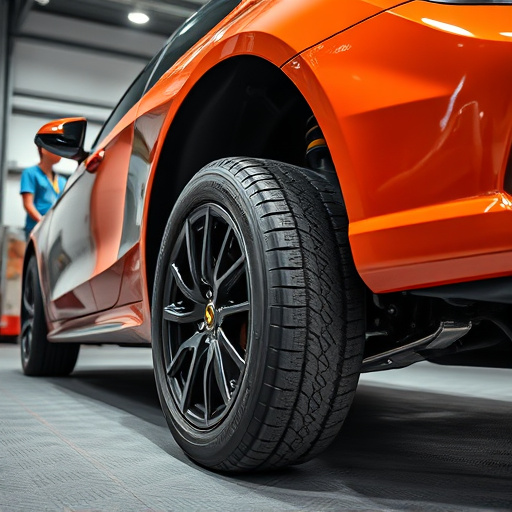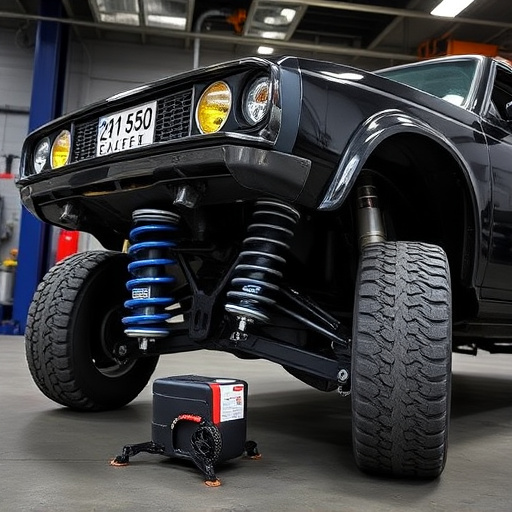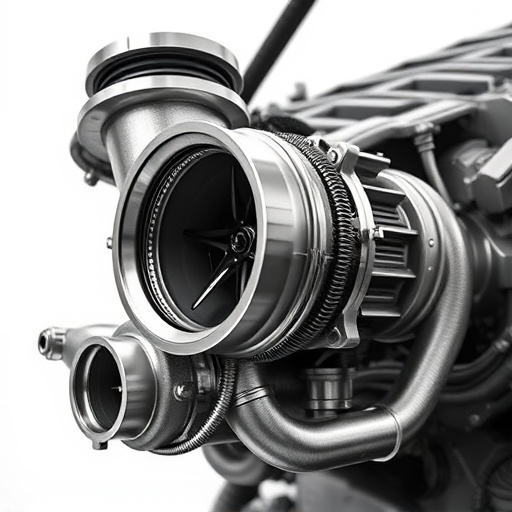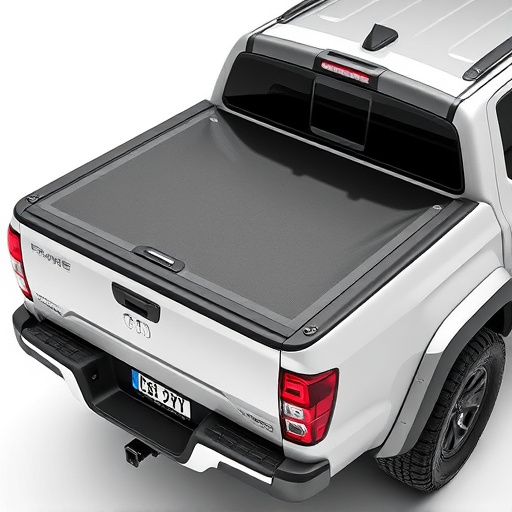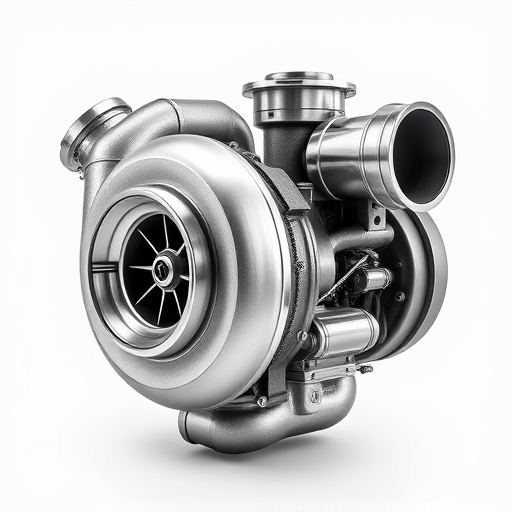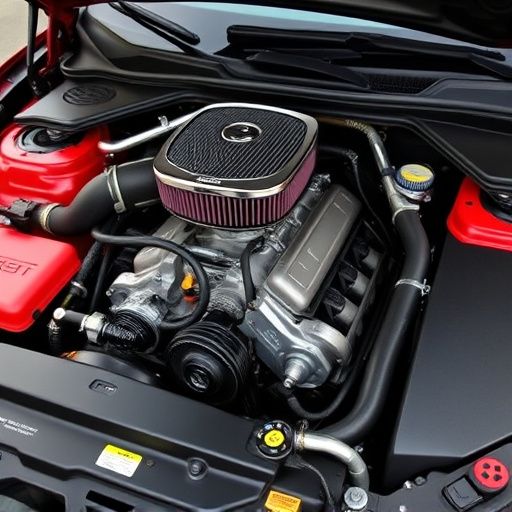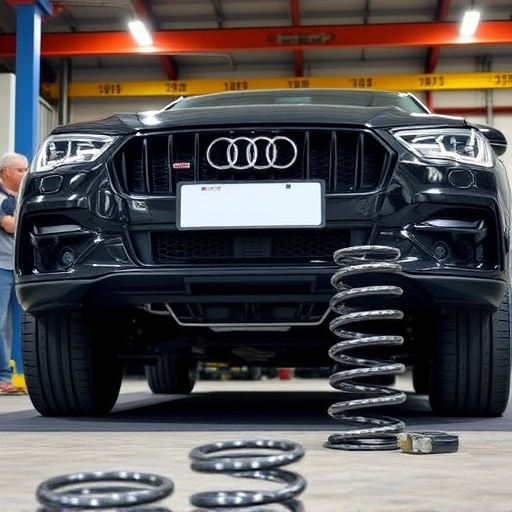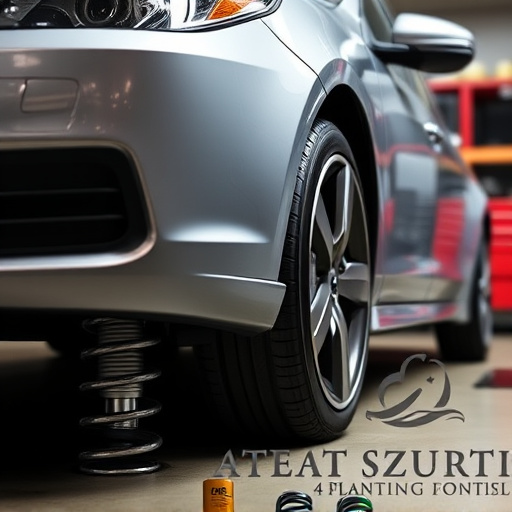Upgrading to a high-performance air filter is essential for maintaining engine health and enhancing performance, especially with vehicle modifications. These filters trap fine particles while maximizing airflow, crucial for efficient combustion. Proper selection, fit, and maintenance ensure optimal engine operation, with regular replacement and clean surroundings facilitating peak engine performance.
Preventing engine contamination is crucial for maintaining your vehicle’s optimal performance. This comprehensive guide explores how upgrading to a high-quality performance air filter can significantly reduce the risk of contamination, ensuring your engine breathes clean air. We delve into understanding the potential dangers, selecting the ideal performance air filter for your needs, and providing essential installation and maintenance tips for long-lasting results.
- Understanding Engine Contamination Risks
- Choosing the Right Performance Air Filter
- Installation and Maintenance Tips
Understanding Engine Contamination Risks
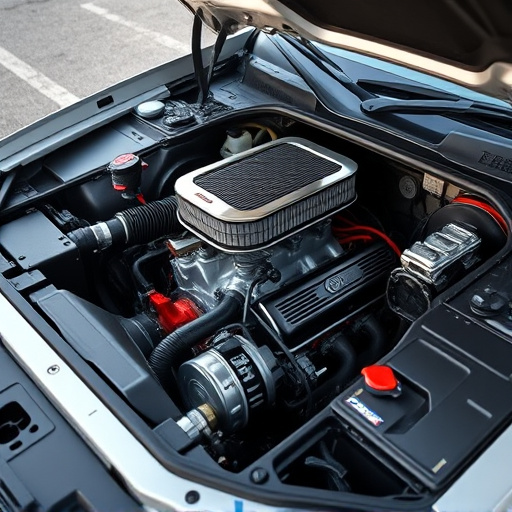
Understanding Engine Contamination Risks
Engine contamination is a significant concern for vehicle owners, as it can lead to serious performance issues and costly repairs. Particulate matter, such as dirt, dust, and debris, can infiltrate your engine through various pathways, including air intake systems. Traditional air filters may not be able to effectively trap these contaminants, allowing them to reach the internal components of your engine. This is where upgrading to a high-performance air filter becomes crucial.
Performance air filters are designed with advanced materials and more intricate designs compared to standard filters. They can capture finer particles and ensure cleaner air reaches your engine. Additionally, when considered in conjunction with other modifications like cold air intakes or exhaust mufflers, these filters contribute to enhanced overall engine performance by allowing for smoother airflow and better combustion efficiency.
Choosing the Right Performance Air Filter
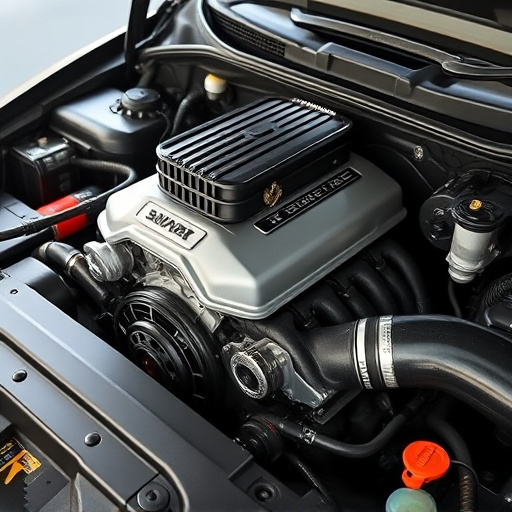
When upgrading your air filter for better engine performance, it’s crucial to select a performance air filter tailored to your vehicle’s specific needs. These high-flow filters are designed to maximize airflow, allowing for increased engine efficiency and power gains, especially when paired with modifications like suspension kits or cat back exhaust.
Choosing the right performance air filter involves considering factors such as your driving style, climate, and vehicle make/model. Look for filters with a high efficiency rating (like HEPA or Carbon) to trap fine particles that can contaminate your engine. Additionally, ensure it fits seamlessly into your existing air intake system to avoid any disruptions in airflow, maintaining optimal performance throughout your drive.
Installation and Maintenance Tips
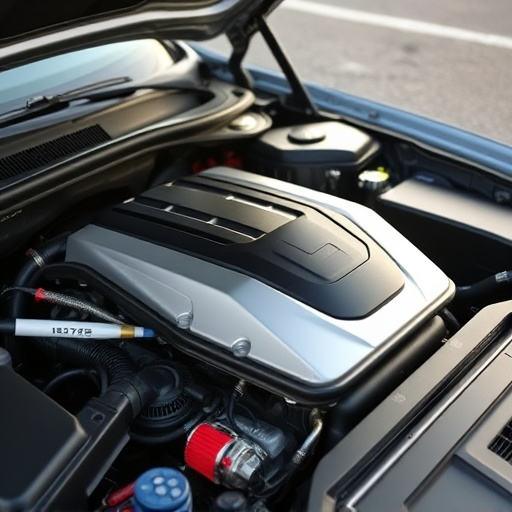
When it comes to installation, choosing a performance air filter designed for your vehicle’s make and model is key. Ensure proper fitting to avoid any leaks that could compromise filtration. A secure fit not only enhances the air filter’s effectiveness but also prevents debris from entering your engine bay. Regular maintenance is equally vital. Replace your air filter at recommended intervals, as dirty or clogged filters can restrict airflow, impacting engine performance. Consider setting reminders or consulting your vehicle’s owner manual for guidance on when to replace it.
Additionally, keeping the surrounding area clean and free of dust and debris is beneficial. Inspect nearby components like brake rotors and brake pads for any signs of wear or damage, as these parts can contribute to air contamination if not well-maintained. Regularly replacing these critical elements can help maintain optimal engine cleanliness and overall vehicle health.
Upgrading to a high-quality performance air filter is a proactive step in preventing engine contamination, ensuring your vehicle’s longevity and maintaining optimal performance. By choosing the right filter, proper installation, and regular maintenance, you can keep harmful particles at bay, allowing your engine to breathe freely and run smoothly. Remember, a clean engine is a happy engine!



